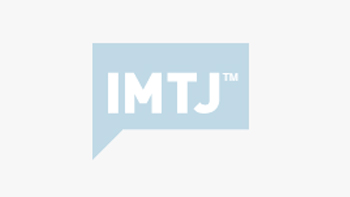Accreditation Canada International is expanding the adoption of its Qmentum International accreditation programme to hospitals in Oman and Slovenia. Pro Cardiaco Hospital in Rio de Janeiro, Brazil is the first international organization to earn an Accreditation Canada International stroke services distinction, awarded to health organizations that meet or exceed the best standards of stroke care.
Accreditation Canada International is expanding the adoption of its Qmentum International accreditation programme to hospitals in Oman and Slovenia.
Pro Cardiaco Hospital in Rio de Janeiro, Brazil is the first international organization to earn an Accreditation Canada International stroke services distinction, awarded to health organizations that meet or exceed the best standards of stroke care.
Hygeia Hospital Tirana is the first Temos certified hospital in Albania. It has been awarded the Temos Certificate “Quality in International Patients’ Care” for its high class medical, non-clinical and technical services offered for national and international patients.
Areti Souvatzoglou of Hygeia says, “The onsite inspection and Temos certification are important for our hospitals, since they offer us the possibility of accessing an extensive network of healthcare providers in the medical tourism market, with the ultimate aim being to expand our customer base and attract foreign patients. Medical tourism is also very important for Albania, which will evolve another line of tourist business not yet developed in the country”.
From January 2013, academic medical centres accredited by Joint Commission International (JCI) will be accredited under a new set of standards; the Joint Commission International Standards for Academic Medical Center Hospitals. These hospitals will also be recognized separately on the JCI website listing of all accredited organizations.
Paul van Ostenberg of JCI explains, “These new standards were developed to recognize the unique resource such centres represent for health professional education and human subject research in their communities and countries. They were also developed to present a framework for including medical education and human subject research into the quality and patient safety activities of academic medical centre hospitals. Unless deliberately included in the quality framework, education and research activities often are the unnoticed partners in patient care quality monitoring and improvement.”
The new standards are divided into two chapters — medical professional education, and human subject research programmes – as medical education and clinical research are most frequently organized and administered separately within academic medical centres. These new standards will be integrated into the evaluation process for the accreditation of hospitals. For example, when the on-site evaluators are reviewing patient care in a clinical unit, they will also evaluate the contribution of medical trainees to care processes in that unit, and the integration of clinical research protocols into the care provided on the unit and the quality monitoring processes.
Not every hospital with students or conducting research is considered an academic medical centre hospital under these new standards. JCI will evaluate hospitals under the academic medical centre hospitals requirements when the hospital:
• Is organizationally or administratively integrated with a medical school;
• Is the principal site for the education of both medical students and medical specialty residents from the medical school noted in the previous criterion; and
• Conducts academic and/or commercial human subject research involving patients of the hospital.








 ©2024 All rights reserved LaingBuisson
©2024 All rights reserved LaingBuisson 


